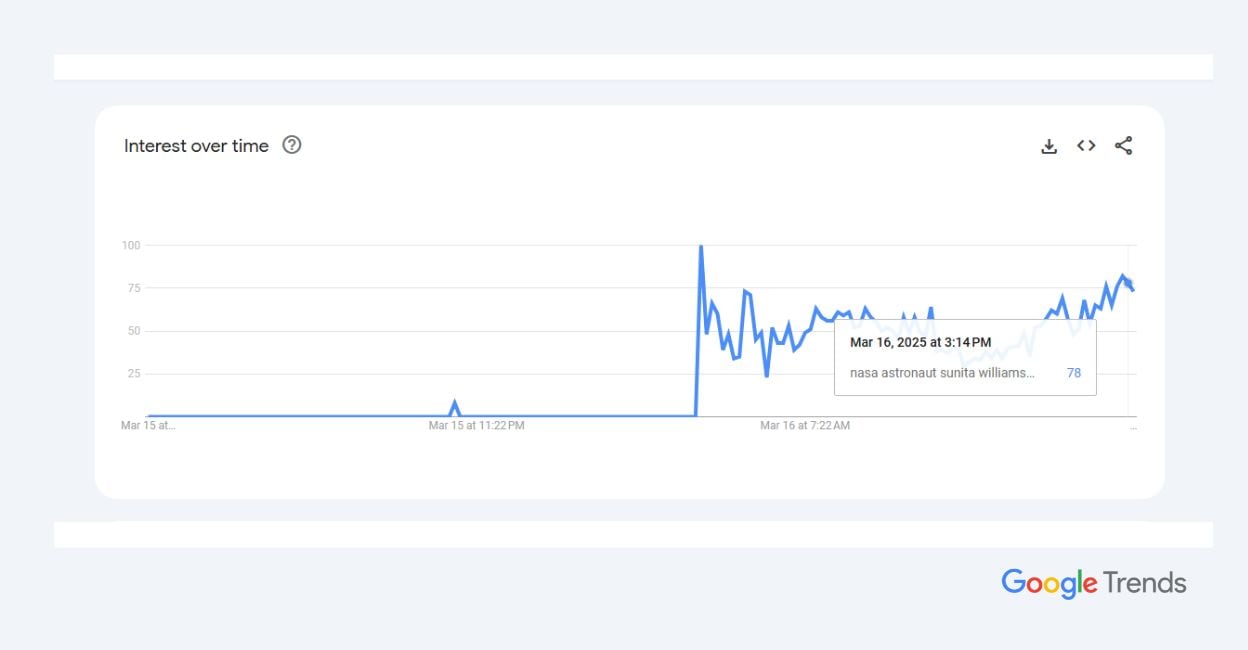Baby feet, muscle loss... physical challenges await Sunita Williams, Butch Wilmore on their return: How they fix it

Mail This Article
After nine months, NASA astronauts Sunita Williams and Burch Wilmore are likely to return to earth from the International Space Station by March 19, in a joint mission by NASA and SpaceX. However, according to former astronauts and experts, considering their long stay in the space station and lack of gravity, many physical challenges await the duo. Here are some of them:
1) Baby feet
Also known as astronaut foot syndrome or 're-entry foot sensitivity,' it's a discomfort that astronauts experience as the calluses on their soles might soften and peel off after a long stay in space. Their feet can become extra sensitive, similar to that of a baby. They have to go through a rehabilitation process involving strength training, impact exercises, physiotherapy, coordination training, and more to adjust their bodies back to Earth.
2) Muscle loss
Due to microgravity, a condition in which you appear weightless while in free fall, the body does not feel the need for muscles to support the weight while in space. Astronauts are given a high-protein diet, calcium, vitamin D, and lots of fluids to handle this, even while in space. Some of them also take various drugs to slow down the process.
3) Vision issues
Apparently, microgravity also causes fluid buildup in astronaut heads, which can even change the shape of eyeballs. Though vision will gradually improve after returning, some undergo visual training, posture adjustments, corrective treatments, and glasses for their eye health.
4) Weightless tongue
Fluid redistribution and weakened muscles can apparently make astronauts feel their tongue is weightless. Even their taste buds can be affected, including how various textures feel in their mouth. However, the body readjusts to gravity in a few days, and fluid balance turns normal.
'NASA astronaut Sunita Williams return' has more than 20K search volume on Google Trends.


